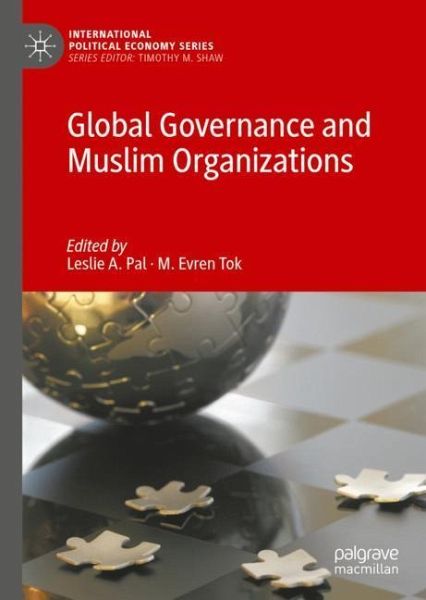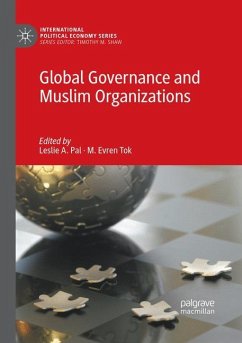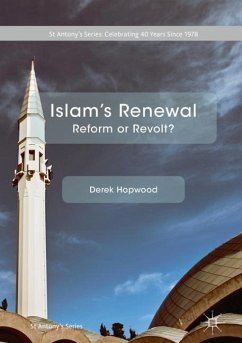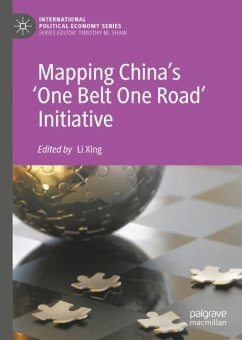
Global Governance and Muslim Organizations

PAYBACK Punkte
49 °P sammeln!
There are 1.6 billion Muslims in the world, represented on the world stage by 57 states, as well as a host of international organizations and associations. This book critically examines the engagement of these states in systems of global governance and with a variety of policy regimes, including climate change, energy, migration, humanitarian aid, international financial institutions, research and education. Chapters explore the dynamics of this engagement, the contributions to global order, the interests pursued and some of the contradictions and tensions within the Islamic world, and between...
There are 1.6 billion Muslims in the world, represented on the world stage by 57 states, as well as a host of international organizations and associations. This book critically examines the engagement of these states in systems of global governance and with a variety of policy regimes, including climate change, energy, migration, humanitarian aid, international financial institutions, research and education. Chapters explore the dynamics of this engagement, the contributions to global order, the interests pursued and some of the contradictions and tensions within the Islamic world, and between that world and the 'West'. An in-depth perspective is provided about the traditional and new forms of multilateralism and the policy spaces formed which provide new opportunities for the Muslim and non-Muslim world alike.














